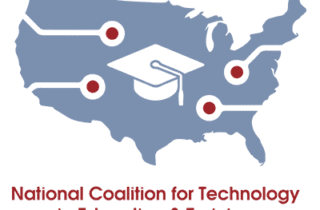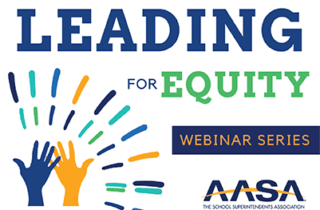Even before COVID-19 created online, remote, and hybrid learning environments in school districts across the country, most district and school leaders struggled with chronic absenteeism in their schools. Researchers like Dr. Todd Rogers, Professor of Public Policy at Harvard University and Chief Scientist at EveryDay Labs, have tirelessly worked with school districts to identify, develop and implement strategies to reduce absenteeism at scale.
It’s a common story: the energetic principal who comes into a school, revamps the curriculum, creates innovative learning practices, and then leaves with no sustainability plan. Or, while the kids in that one school thrive, others across the district are left behind. Unfortunately, many schools and districts are still relying on individuals or looking for that magic program rather than developing educational systems that provide a high-quality, modern education for all students.
As school districts have become more diverse and focused on the importance of providing an equitable education for students from different cultures, the need has grown for a consistent and effective approach to improving the achievement of all learners and engaging their families in the process.
Students with learning differences (LD) often struggle in school. Not because they aren’t capable intellectually, but because learning disabilities like dyslexia, ADHD, and dysgraphia make it difficult to navigate tasks. Peggy Stern, Founder and CEO of the research-based company, SuperDville, said in a recent edWebinar, sponsored by Learning Ally, that LD students can make academic strides with a strong sense of self. It’s why she believes that social-emotional learning (SEL) is the most necessary support for children who learn differently.
Presented by Jaime Perris, Curriculum Project Manager and Education Consultant, Encyclopædia Britannica; Dr. Ahmet Bayazitoglu, English Teacher, Hun School of Princeton (NJ); and Dara Martin, English Teacher, Co-Director of NextTerm, Dorm Parent, Hun School of Princeton (NJ)
Moderated by Darcy Carlson, Director of Education Consultants, Encyclopædia Britannica
Presented by José Viana, Senior Advisor of Educational Partnership, Lexia Learning
Math is not easy to teach or learn. So, teachers use a variety of strategies to boost their students’ numeracy skills. But some of those approaches could be unproductive, contended Dr. Juli Dixon, Professor of Mathematics Education at the University of Central Florida, in a recent edWebinar sponsored by Houghton Mifflin Harcourt Mathematics. She described standard practices that can derail rather than support mathematical reasoning, and offered alternative methods that would benefit students far more.
Presented by Dr. Liz Brooke, CCC-SLP, Chief Learning Officer, Lexia Learning; and Dr. Suzanne Carreker, CALT-QI, Principal Educational Content Lead, Lexia Learning
Moderated by Lori Kirksted, Senior Content Marketing Manager, Lexia Learning
Presented by Dr. Tyrone Howard, Professor, Graduate School of Education and Information Studies, UCLA
The pandemic, while a great disruption in schools, is also an opportunity for change. According to presenters of a recent edWebinar, hosted by AASA, The School Superintendents Association and AASA’s Leadership Network, as school leaders look to reopen their schools, they shouldn’t just be focused on logistics. In addition, they need to ask themselves: Is my school truly responsive to student needs, and if not, how can I make the school work for all students?










